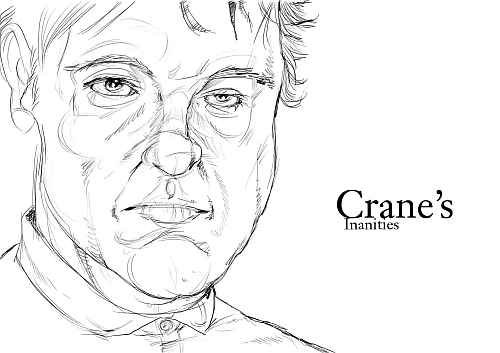 I saw "Valkyrie" last night at my local AMC multiplex in a relatively crowded theater (very crowded for a Tuesday night). My sister and I saw it. My wife wouldn't go because she hates Tom Cruise with a purple passion; once she found out his character isn't pulled apart "like warm bread" (as one character threatens) at the end of the film, and in excruciating "Braveheart"-style real-time treatment, all interest, however meager, vanished entirely for her.
I saw "Valkyrie" last night at my local AMC multiplex in a relatively crowded theater (very crowded for a Tuesday night). My sister and I saw it. My wife wouldn't go because she hates Tom Cruise with a purple passion; once she found out his character isn't pulled apart "like warm bread" (as one character threatens) at the end of the film, and in excruciating "Braveheart"-style real-time treatment, all interest, however meager, vanished entirely for her.(Note: Some mild spoilers below.)
This was a good movie with great pedigree (Bryan Singer directing, Christopher McQuarrie writing) but some not-so-great backstory. It never augers well when a a film's been pushed back from a summer release to a Christmas release, as this film was, but this time it appears the reason for the delay was not quality-related.
"Valkyrie" follows a group of German army officers, led by Colonel Claus von Stauffenberg (Tom Cruise), as they plot to assassinate Adolf Hitler in 1944. As with "Titanic", the conclusion of the film is foregone -- they fail. Hitler kills himself in his bunker 9 months after the Valkyrie plot fails. But unlike "Titanic," which used the sinking of the cruise liner as a backdrop for a love story, "Valkyrie"'s destined-to-fail assassination plot is the focus. So while I got wrapped up in the 'how' of the plotters' plotting, the suspense Singer and McQuarrie are able to wring out of the subject matter (and it does manage to be extraordinarily suspenseful at times) is in spite of, not because of the subject matter.
So, in its way, "Valkyrie" is a big-budget studio spectacular about failure. In this case, epic failure. Considering what Stauffenberg's failure meant for the world, 9 more months of calamitous war at the very least, this film may depict the greatest failure in human history.
That it is a movie about failure, and more specifically, about a failure, makes it flawed in cinematic terms right off the bat. The build of a successful screenplay demands the hero meet the goal the screenwriter has set for him, even if that goal isn't exactly what the hero intends. The hero's victory has to be hard-fought, certainly, but he has to do it. If our hero's difficult goal is not met, if the assassination plot does not end in an assassination, the emotional release the audience expects the story to deliver is not delivered. When the hero ultimately fails, in some ways, the story fails as well.
But in this instance, the movie's primary defect is also a big part of why I liked it. Yes, Stauffenberg fails. But his defeat is rendered in such exacting, excruciating detail, it's kind of a sick thrill to watch. When it all starts to go bad, when the formerly pro-coup bureaucrats in the War Ministry begin to slink off, knowing everything will certainly come to a bad end, it is a rare pleasure to watch fine actors like Bill Nighy, Terrence Stamp, and even Tom Cruise, as the full impact of their failure registers on their faces. I also liked that the film never shied away from the hard details of the plot. Getting Adolf Hitler to sign a document, an important detail that might get less attention in a different film, is raised to the level of white knuckle suspense in "Valkyrie," and Singer makes it work.
There's plenty of quality filmmaking here to enjoy, moments and performances of real quality, but the tinge of failure emenating from the doomed plot casts a pall over the entire movie it's never quite able to overcome.

2 comments:
And don't forget every German (except Hitler) had a British accent; though, Cruise's accent was American.
fail.
imagine if they had succeeded, this would be one of the most important stories ever an we would know all their names, alas fail
Post a Comment